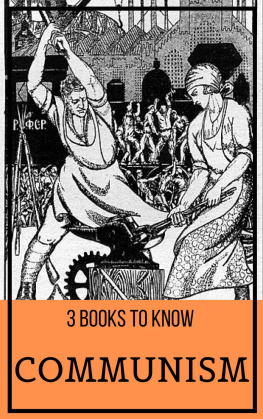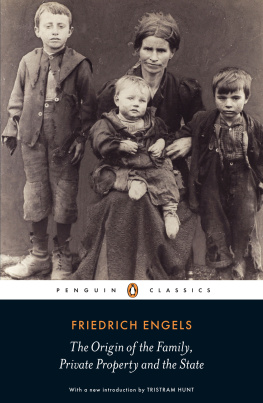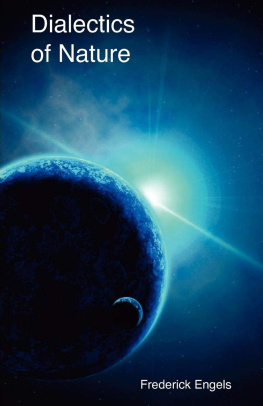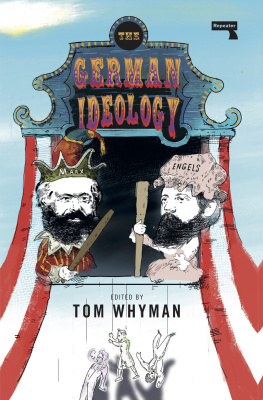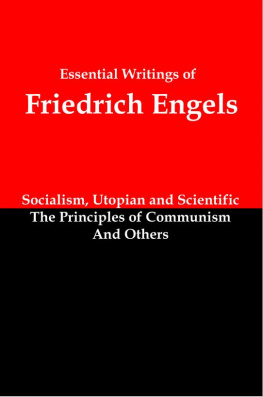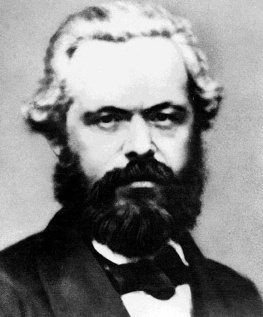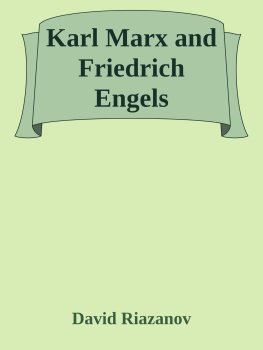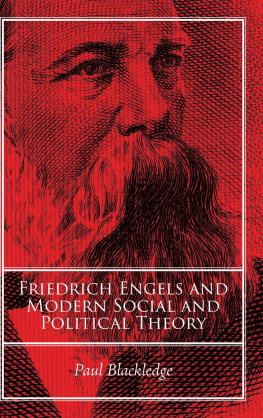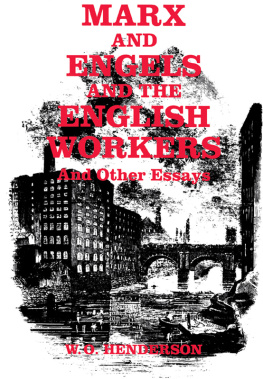
W elcome to the 3 Books To Know series, our idea is to help readers learn about fascinating topics through three essential and relevant books.
These carefully selected works can be fiction, non-fiction, historical documents or even biographies.
We will always select for you three great works to instigate your mind, this time the topic is: Communism
Communism is a political and socio-economic ideology that seeks the establishment of an egalitarian society. Its purpose is a society without social classes and stateless, through the common ownership of the means of production. Few political and economic theories were so influential in world history.
The Manifest of the Communist Party was written by Karl Marx during the great process of urban struggles of the Revolutions of 1848. It criticizes the capitalist mode of production and the type of society generated by it. Is a basic work for understanding the purpose and principles of scientific socialism.
A century earlier, the philosopher Jean Jacques Rousseau was interested in the origins of human inequality. In Discourse on the origin and basis of inequality among men , Rousseau argues that man has deviated from his natural state of freedom to please individualistic desires.
In Socialism: utopian and scientific , Friedrich Engels explains the differences between utopian socialism and scientific socialism. Through a materialist perspective of history he understands communism as a natural substitute for capitalism.
This is one of many books in the series 3 Books To Know. If you liked this book, look for the other titles in the series, we are sure you will like some of the topics.
K arl Marx (5 May 1818 14 March 1883) studied law and philosophy at university. He married Jenny von Westphalen in 1843. Due to his political publications, Marx became stateless and lived in exile with his wife and children in London for decades, where he continued to develop his thought in collaboration with German thinker Friedrich Engels and publish his writings, researching in the reading room of the British Museum.
His best-known titles are the 1848 pamphlet, The Communist Manifesto, and the three-volume Das Kapital. His political and philosophical thought had enormous influence on subsequent intellectual, economic and political history and his name has been used as an adjective, a noun and a school of social theory. Marx is typically cited as one of the principal architects of modern social science.
Friedrich Engels (28 November 1820 5 August 1895) developed what is now known as Marxist theory together with Karl Marx and in 1845 he published The Condition of the Working Class in England, based on personal observations and research in English cities. In 1848, Engels co-authored The Communist Manifesto with Marx and also authored and co-authored (primarily with Marx) many other works. Later, Engels supported Marx financially, allowing him to do research and write Das Kapital. After Marx's death, Engels edited the second and third volumes of Das Kapital. Additionally, Engels organised Marx's notes on the Theories of Surplus Value, which he later published as the "fourth volume" of Capital. Engels died in London on 5 August 1895, at the age of 74 and following cremation his ashes were scattered off Beachy Head, near Eastbourne.
Jean-Jacques Rousseau (28 June 1712 2 July 1778) was a Genevan philosopher, writer and composer. His political philosophy influenced the progress of the Enlightenment throughout Europe, as well as aspects of the French Revolution and the development of modern political, economic and educational thought.
His Discourse on Inequality and The Social Contract are cornerstones in modern political and social thought. Rousseau's sentimental novel Julie, or the New Heloise (1761) was important to the development of preromanticism and romanticism in fiction. His Emile, or On Education (1762) is an educational treatise on the place of the individual in society.
Rousseau befriended fellow philosophy writer Denis Diderot in 1742, and would later write about Diderot's romantic troubles in his autobiography, Confessions. During the period of the French Revolution, Rousseau was the most popular of the philosophers among members of the Jacobin Club. He was interred as a national hero in the Panthon in Paris, in 1794, 16 years after his death.
Manifesto of the Communist Party
b y Karl Marx and Friedrich Engels
Preface
The 1872 German Edition

T HE Communist League, an international association of workers, which could of course be only a secret one, under conditions obtaining at the time, commissioned us, the undersigned, at the Congress held in London in November 1847, to write for publication a detailed theoretical and practical programme for the Party. Such was the origin of the following Manifesto, the manuscript of which travelled to London to be printed a few weeks before the February [French] Revolution [in 1848]. First published in German, it has been republished in that language in at least twelve different editions in Germany, England, and America. It was published in English for the first time in 1850 in the Red Republican, London, translated by Miss Helen Macfarlane, and in 1871 in at least three different translations in America. The french version first appeared in Paris shortly before the June insurrection of 1848, and recently in Le Socialiste of New York. A new translation is in the course of preparation. A Polish version appeared in London shortly after it was first published in Germany. A Russian translation was published in Geneva in the sixties. Into Danish, too, it was translated shortly after its appearance.
However much that state of things may have altered during the last twenty-five years, the general principles laid down in the Manifesto are, on the whole, as correct today as ever. Here and there, some detail might be improved. The practical application of the principles will depend, as the Manifesto itself states, everywhere and at all times, on the historical conditions for the time being existing, and, for that reason, no special stress is laid on the revolutionary measures proposed at the end of Section II. That passage would, in many respects, be very differently worded today. In view of the gigantic strides of Modern Industry since 1848, and of the accompanying improved and extended organization of the working class, in view of the practical experience gained, first in the February Revolution, and then, still more, in the Paris Commune, where the proletariat for the first time held political power for two whole months, this programme has in some details been antiquated. One thing especially was proved by the Commune, viz., that the working class cannot simply lay hold of the ready-made state machinery, and wield it for its own purposes. (See The Civil War in France: Address of the General Council of the International Working Men s Association, 1871, where this point is further developed.) Further, it is self-evident that the criticism of socialist literature is deficient in relation to the present time, because it comes down only to 1847; also that the remarks on the relation of the Communists to the various opposition parties (Section IV), although, in principle still correct, yet in practice are antiquated, because the political situation has been entirely changed, and the progress of history has swept from off the earth the greater portion of the political parties there enumerated.

















